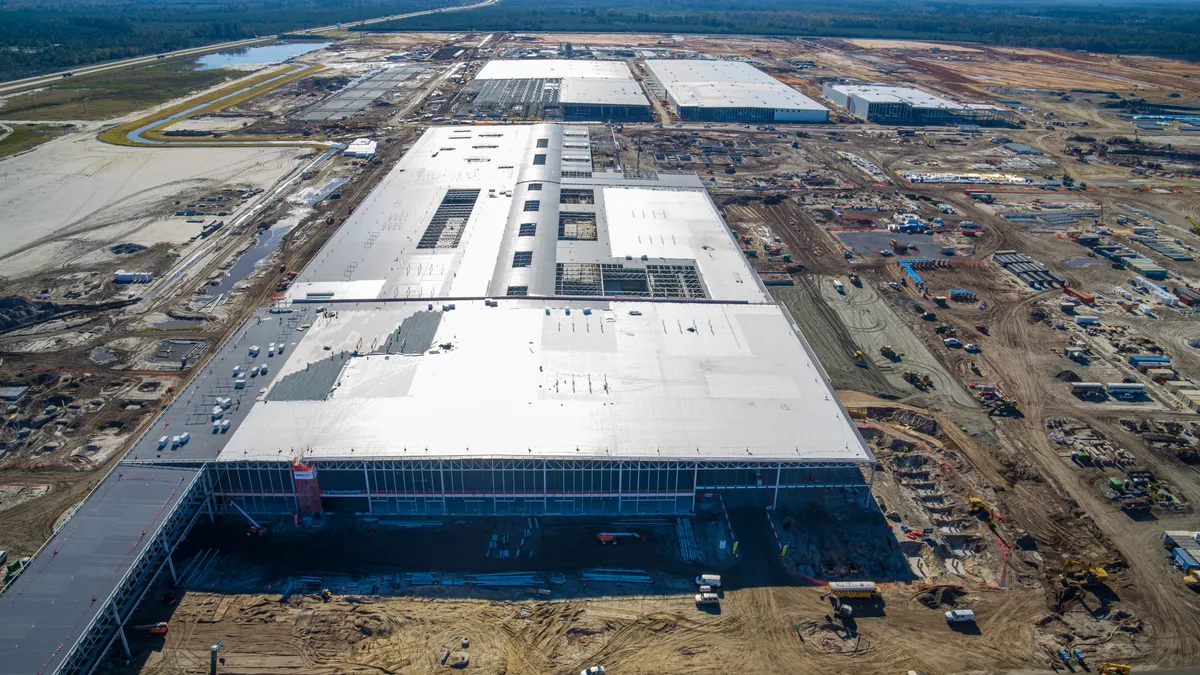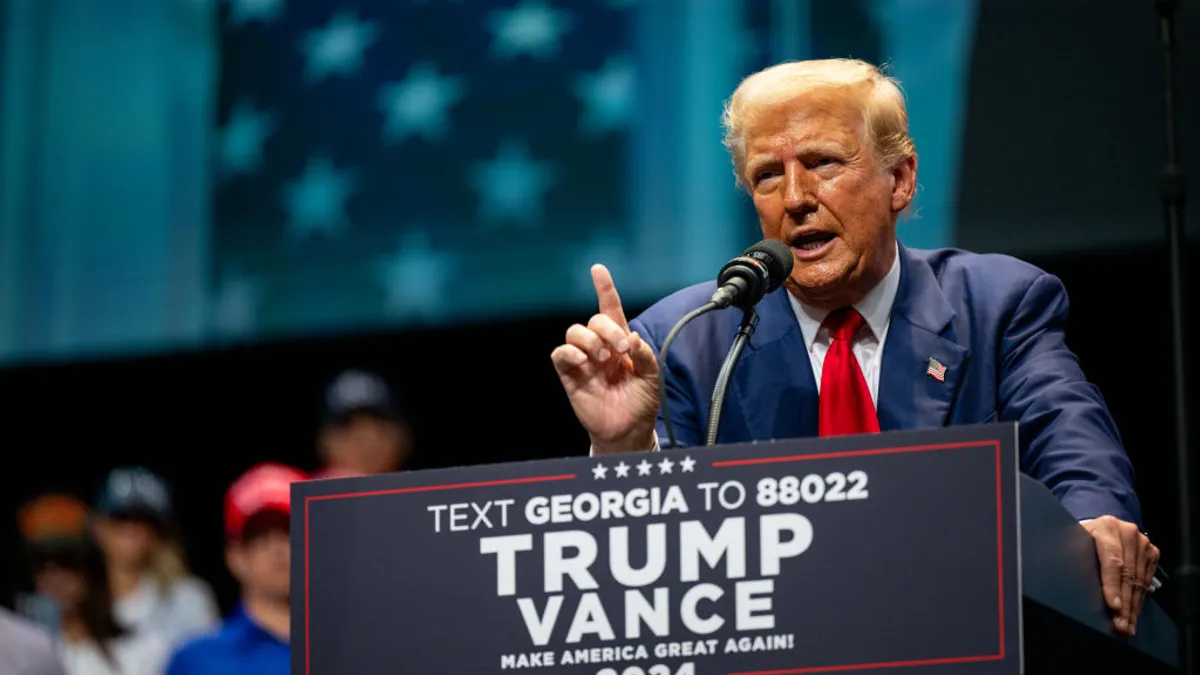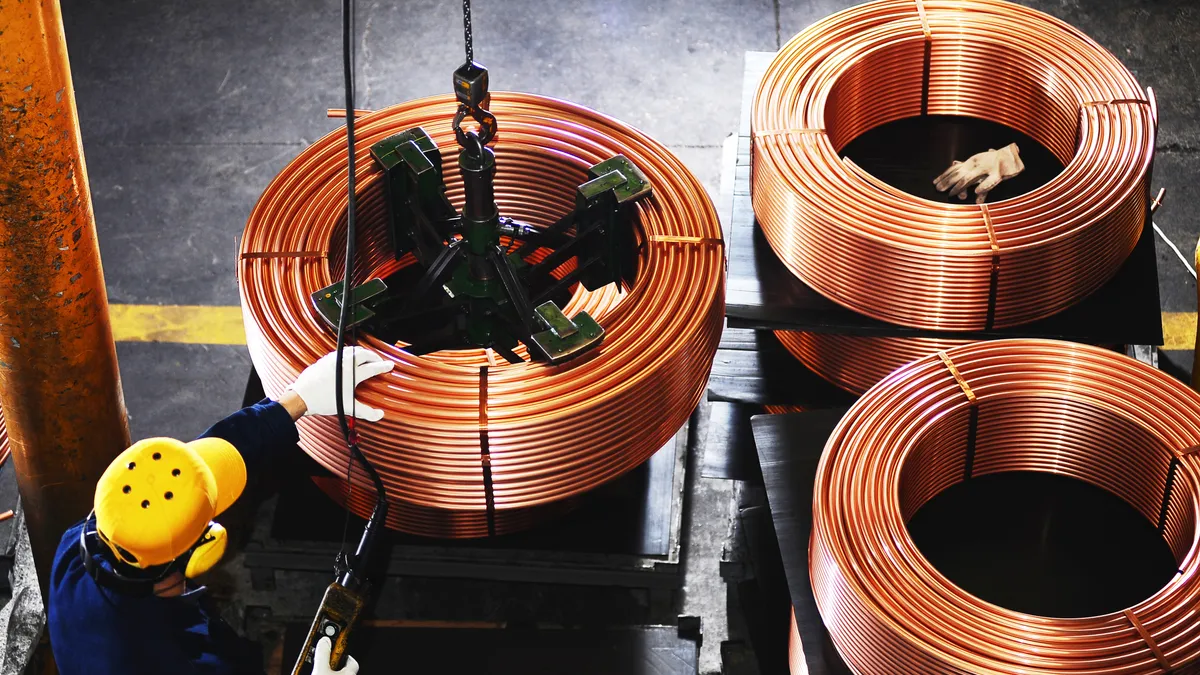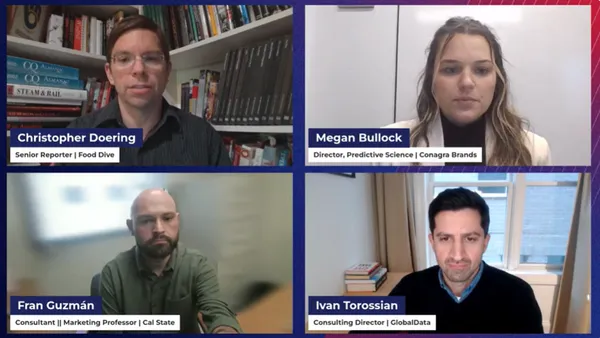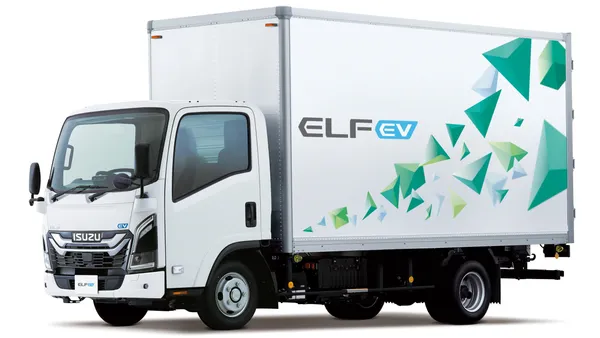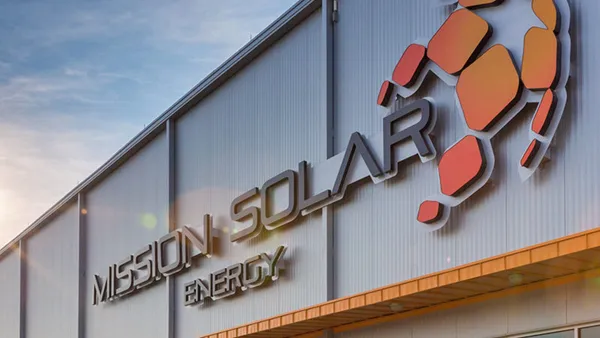Dive Brief:
- The clean energy manufacturing industry started the new year with a bang in the electric vehicle and battery sectors, according to an analysis of January project announcements from environmental and economic advocacy group E2.
- Four manufacturers announced a total of $2.4 billion in investment in January, the most significant being Cummins, Daimler Trucks and Paccar’s $1.9 billion battery manufacturing joint venture for a factory in Mississippi.
- Since the passage of the Inflation Reduction Act, 278 clean energy projects have been announced in 41 states and Puerto Rico, totaling nearly $114 billion in investment. E2 noted that manufacturing makes up over 80% of these clean energy projects.
Dive Insight:
EV projects continue to dominate IRA-linked manufacturing projects since the law passed in August 2022, accounting for nearly half of them. Solar and battery-related projects followed, representing approximately 22% and 15% of the total, respectively.
“Battery and EV companies continue to invest and expand in America because they know that’s where the market for cars and trucks is going – as long as Washington doesn’t slam the brakes on this economic boom and go backward on game-changing policies like the IRA and federal clean vehicle standards,” E2 Executive Director Bob Keefe said in a statement.
The three other investments in January include copper producer Wieland's $500 million upgrade and expansion plans for its Illinois facility, Unitech North America’s $30 million plant in Tennessee for thermal adhesives, battery compression pads and industrial sealers, and battery maker Tab USA’s first North America facility in Missouri.
The four January investments bring the total number of clean energy manufacturing projects since the passage of the IRA to 234, with nearly $104 billion in investment, according to E2.
EV, solar, battery projects lead clean energy manufacturing investments
North Carolina, Georgia and South Carolina continue to lead with investments in the U.S., especially in the EV and battery sectors. In October, automaker giant Toyota announced plans to invest an additional $8 billion in its EV battery manufacturing plant in Liberty, North Carolina. The investment includes an additional $2.1 billion for the company’s upcoming battery facility.
Georgia has been racking up automotive suppliers due to Hyundai Motor Group’s upcoming $5.5 billion EV manufacturing site and $6.3 billion joint battery facility with LG Energy Solution.
The plant has brought in more than $2.5 billion in investment from a total of 15 manufacturers that will supply the facility. The growing manufacturing network is also creating over 6,000 jobs, according to the state.
In South Carolina, chemical maker Albemarle announced last March it was establishing a $1.3 billion lithium hydroxide processing facility in Chester County that would produce nearly 50,000 metric tons of battery-grade lithium hydroxide a year, enough to support 2.4 million EVs.
BMW also broke ground on a $700 million battery assembly plant in Woodruff, South Carolina. The 1-million-square-foot factory will produce batteries for EVs made in BMW’s Spartanburg vehicle plant.
Like Hyundai, BMW is drawing suppliers to the surrounding area. In November, auto part supplier ZF Group announced plans for a $500 million expansion of its transmission facility in Gray Court. The company said it was expanding its portfolio and domestic manufacturing capacity to keep pace with customers transitioning their EV production to North America.
“Make no doubt about it: The shift to electric vehicles is still going strong,” Keefe said in a statement.



